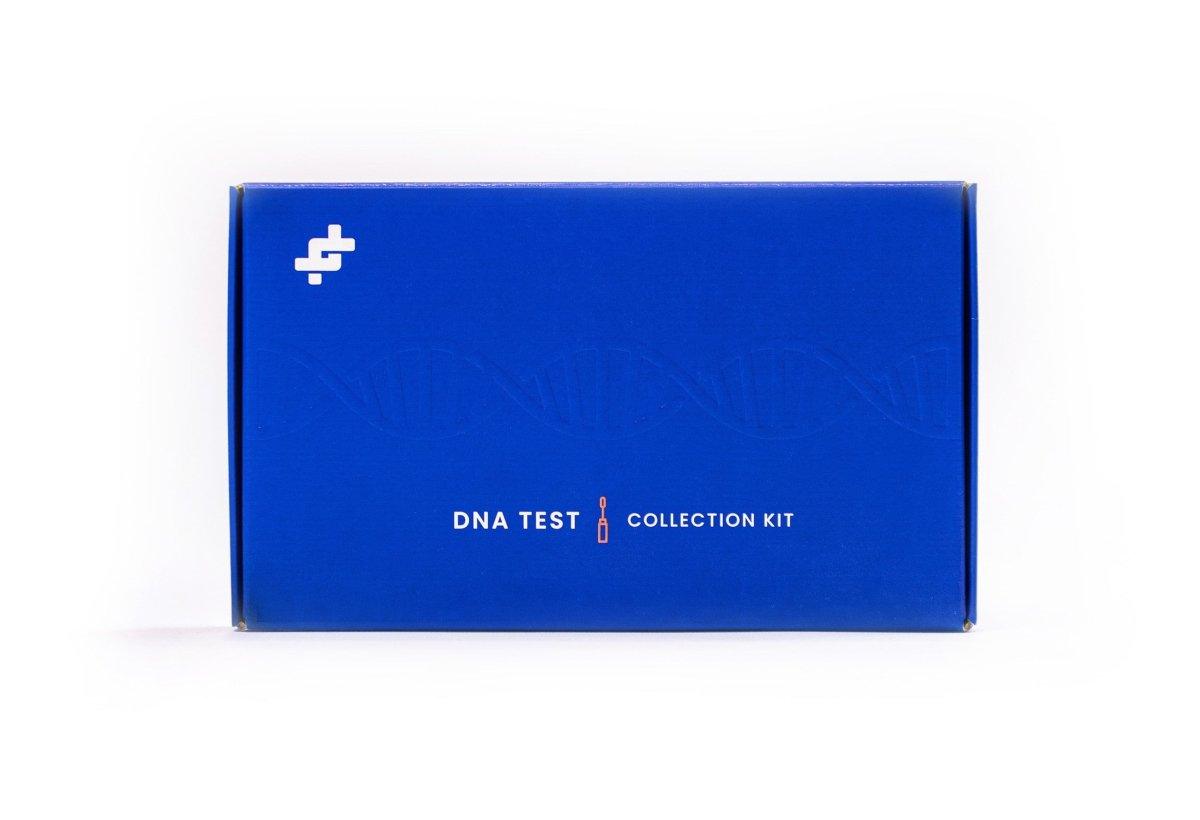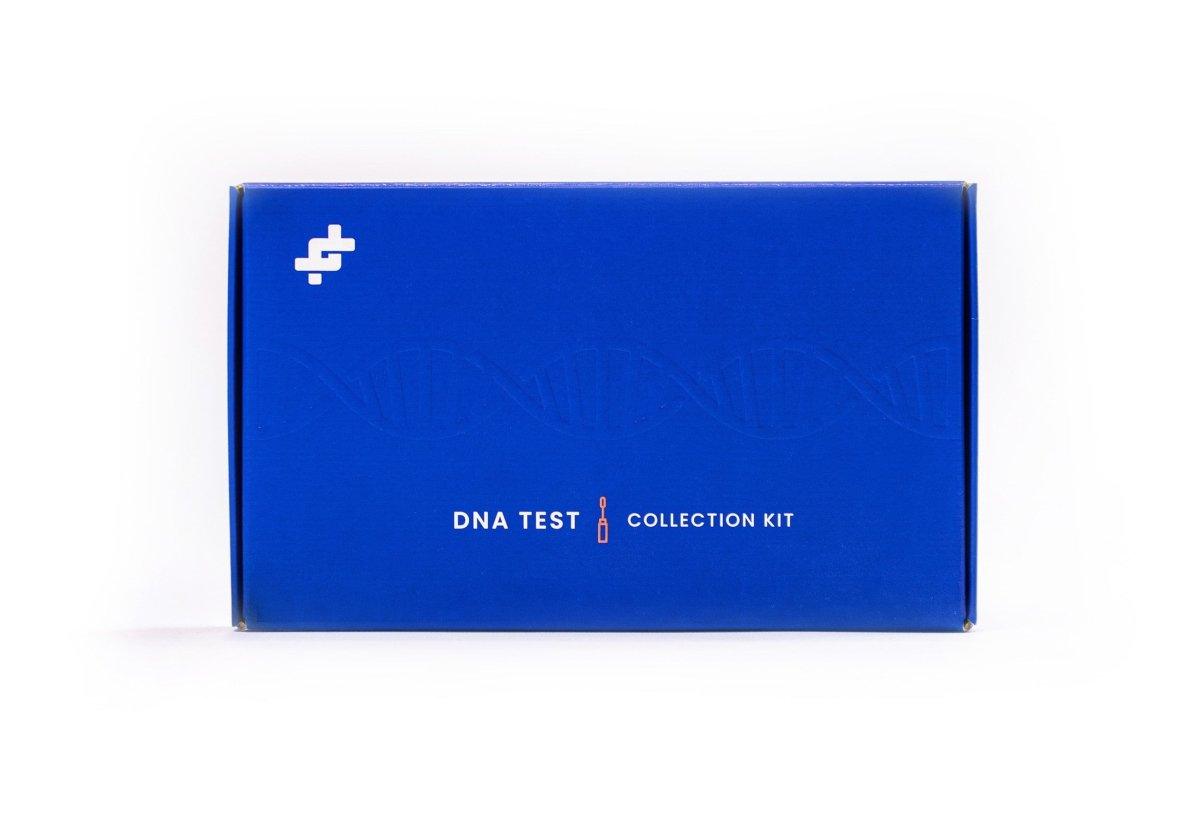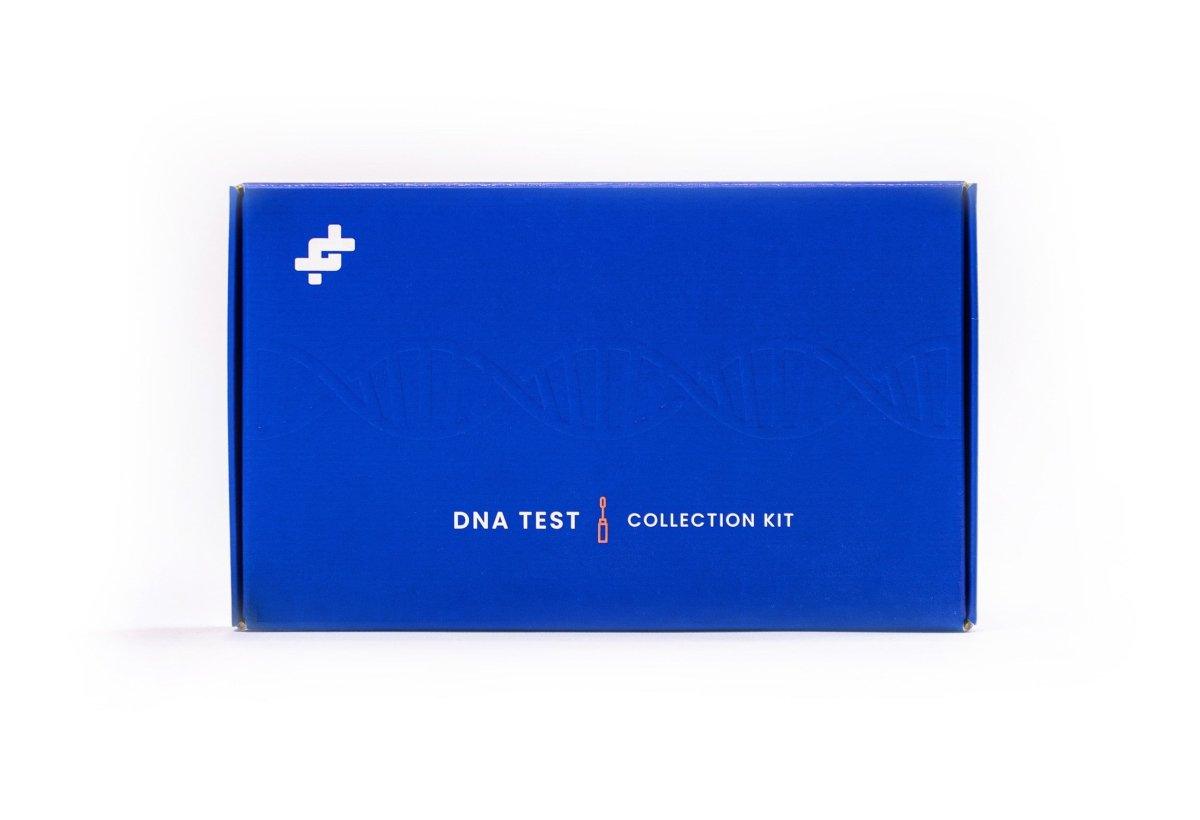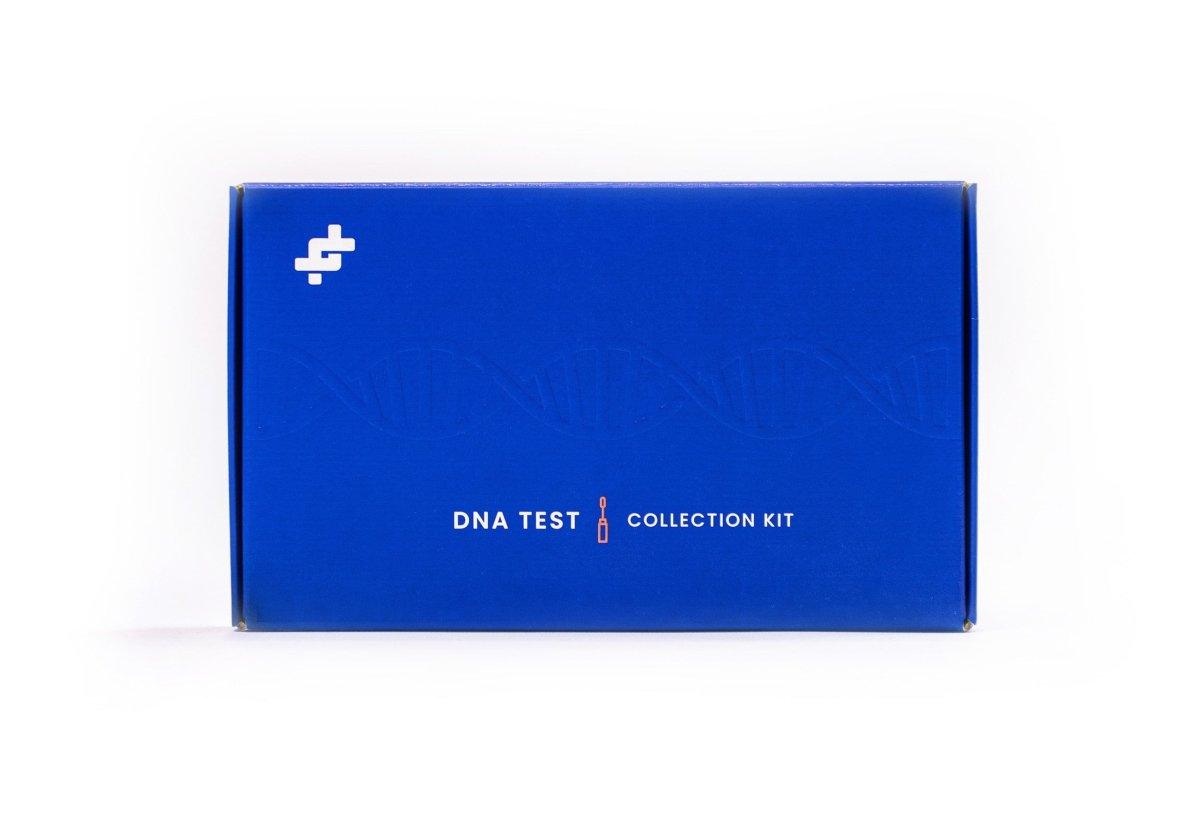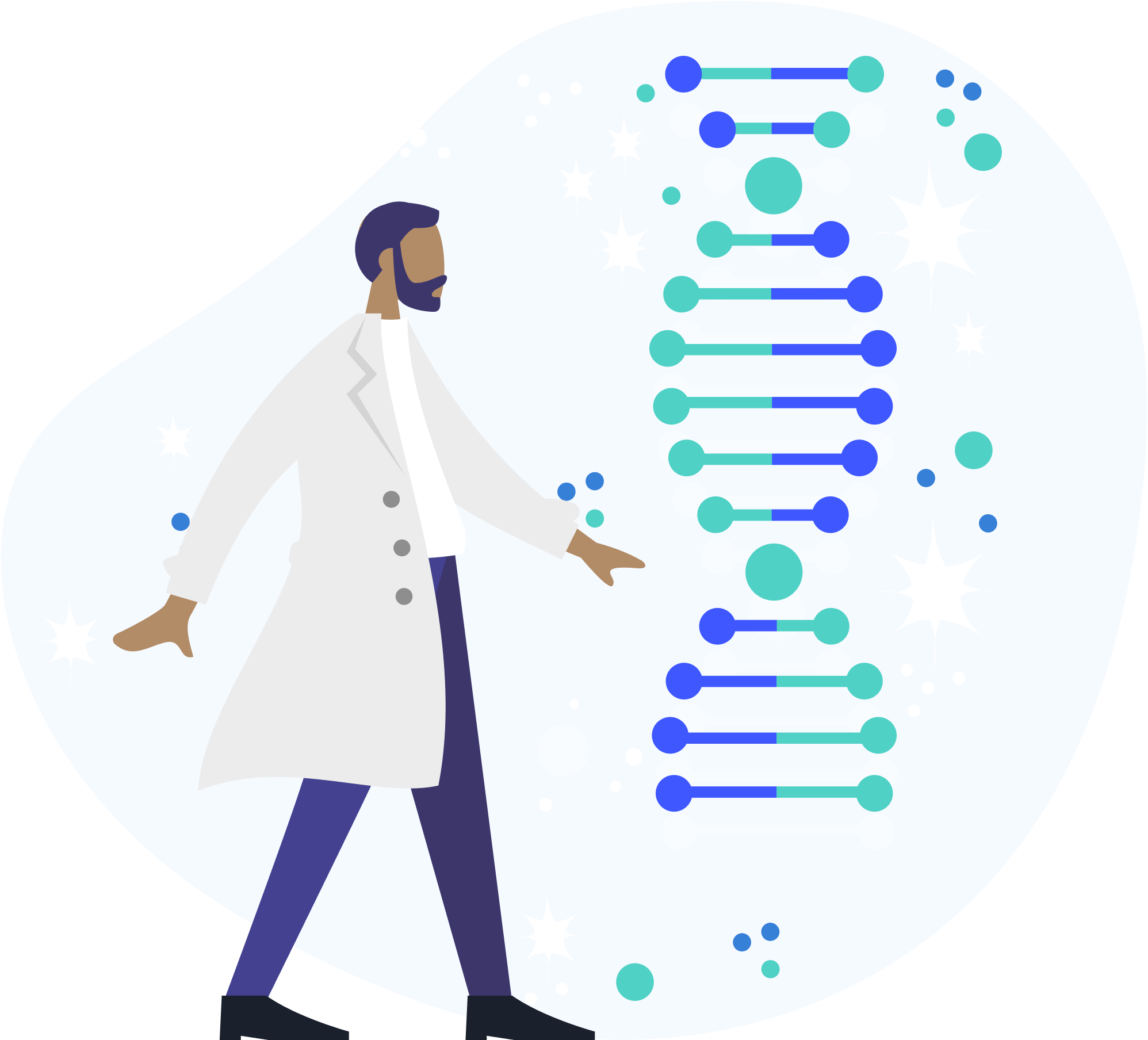

Targeted DNA testing
At Rightangled, we implement a focused DNA testing strategy, targeting specific segments to identify genetic "glitches" linked to physiological, behavioural, or hormonal traits. This precision avoids the uncertainties of broader DNA analyses and enhances user confidence.
We use advanced genotyping technology with competitive allele-specific microarrays, achieving 99.8% accuracy in SNP (single nucleotide polymorphisms) bi-allelic scoring and a 90% conversion rate for SNP and indel assays across various genomic DNA samples. This meticulous approach drastically reduces the risk of false positives and negatives.
Results are thoroughly reviewed by our specialists in conjunction with your health information, provided via our secure online platform, ensuring each assessment is accurate and personalised.

Securing Your Data
We've engineered a secure, cloud-based platform that connects users with specialists, prioritising utmost data security. Our robust measures include:
- Anonymising and encrypting all sensitive data.
- Employing multi-layer security across all application components.
- Building our apps with advanced CQRS and DDD architectural patterns.
- Securing data transfers with SSL SHA-256 ECDSA encryption.
- Protecting stored data with a dedicated firewall.
Chromosomes
Published Research
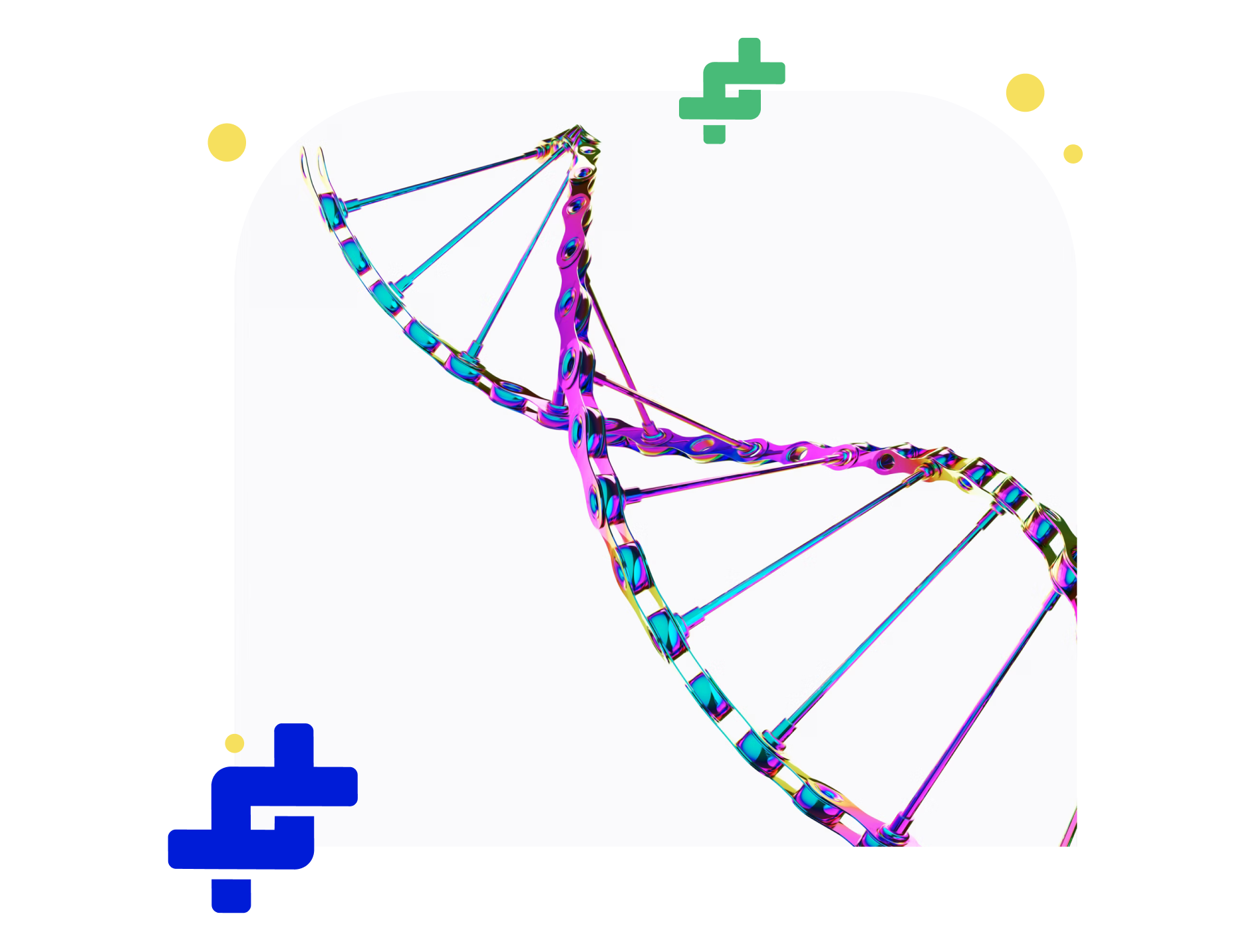
American Journal of Cardiovascular Drugs
A Literature Review of Genetic Markers Conferring Impaired Response to Cardiovascular Drugs
Abstract
Pharmacogenetics is an emerging area of medicine, and more work is needed to fully integrate it into a clinical setting for the benefit of patients. Genetic markers can influence the action of many drugs, including those that prevent and treat cardiovascular conditions. Genotyping is not yet commonplace, but guidelines are being put in place to help practitioners determine the effect a genetic marker may have on certain drugs. With advancements in genetic technology and falling costs, genotyping could be available to all patients via a simple saliva test...

Future Science OA
Identifying genetic markers associated with susceptibility to cardiovascular diseases
Abstract
Evidence suggests changes in an individual's genes or DNA can cause some form of CVDs, highlighting a complex relationship between genes and the environment. Genotyping, a process used to determine genetic differences within an individual's DNA, can provide doctors with relevant information to identify individuals who are at high risk of developing CVDs. This would allow treatment to begin early and encourage individuals to adopt a healthy lifestyle to reduce their risk.



